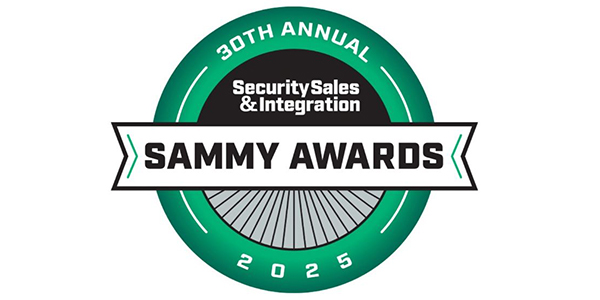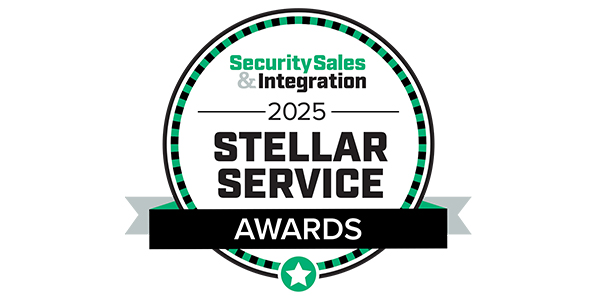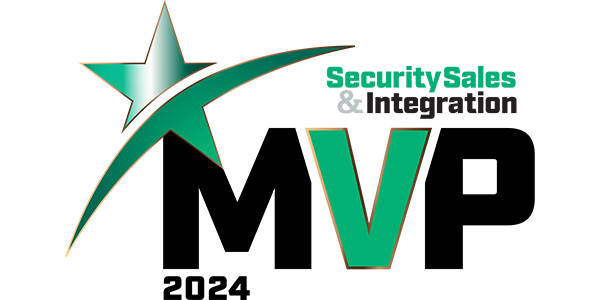Last week, global security provider Tyco Int’l (NYSE: TYC) made a strategic investment in Qolsys, a start-up manufacturer of security and home automation products, via Tyco Security Products. Terms of the investment were not disclosed.
Tyco, which spun off ADT Security Services in 2012 into its own publicly traded company (NYSE: ADT), already owns DSC, ostensibly a competitor to Qolsys. So what gives?
“We continually scan the market to look at what’s happening in new technology development,” said David Grinstead, VP worldwide sales for Tyco, in an interview with CE Pro, SSI‘s sister publication. “We come from a nontraditional background, particularly in the security space. We thought that collaboration would facilitate development of a new portfolio of products.”
Let’s talk about DSC.
RELATED: Tyco Security Products’ Ryan Talks Tech, RMR & Markets
It’s one of the most popular home security lines for higher-volume installers, and often spec’d by production home builders. But the brand has been a little slow in the smart-home department, lagging behind competitors such as Honeywell (Total Connect), Interlogix, Linear’s 2Gig Technologies, and even latecomer Napco, which recently launched its iBridge security/home control platform.
DSC launched its first notable interactive solution in 2011 with the Z-Wave-enabled Impassa panel, teaming with iControl, a SHaaS (smart home as a service) provider, on the back end. But compared to its competitors, the solution has evolved little since then, other than adding support for the Alarm.com SHaaS platform, which competes with iControl. (Meanwhile, DSC switched to Telguard’s iControl-powered service, rather than going with iControl direct).
Android-Based, Feature-Rich Qolsys
Qolsys (Quality of Life Systems) debuted in 2013 and began shipping product this year. The Android-powered IQ touchscreen panel has similar bells and whistles as other robust self-contained security/automation panels on the market, with its built-in radios for cellular, Wi-Fi, security RF bus, Z-Wave and Bluetooth, plus a radio to communicate with Alarm.com’s Image Sensor motion and image capture device. (Typically the Alarm.com product requires an external radio.)
A camera is built into the 7-inch touchscreen so the system can (for example) take a picture of anyone who enters a PIN into the system.
Recently, Qolsys added French-language support, as well as a “dual-path” connectivity that provides redundant communications via both cellular and IP communications with Alarm.com
For DSC’s part, Grinstead says the company already has “a number of [automation] products in development, but nothing directly competitive with the Qolsys solution.”
Qolsys will help Tyco leapfrog its internal efforts at DSC.
Qolsys + DSC
Grinstead sees Qolsys as “certainly an opportunity” for its existing DSC security customers including dealers and distributors. But Qolsys also can help Tyco tap the more traditional home systems integrators, many of which have adopted hybrid security/automation products from the aforementioned competitors as their go-to solution for mainstream markets.
Like DSC, Qolsys also works with Alarm.com, which provides “further fuel for the notion of collaboration,” Grinstead says.
Mike Hackett, VP sales and marketing for Qolsys, says his company will maintain its autonomy from Tyco.
As far as integrating the two companies, “Today there is no set plan,” he says. “We have a team there that we’ve been interfacing with. It’s about getting to know each other. Today, it’s more about what is Qolsys doing today and staying in front of the competition. It’s not really so much about how do we link our companies together.”
He adds that the strategic investment is “not a partnership where they are bringing people to our team. We have a very strong point of view on the vision of delivering to this market.”
We don’t quite know how Qolsys is doing in the market, as its products were only made available in the middle of this year.
But there has been “good awareness,” Grinstead says, and Qolsys has “made some good progress with corporate-account wins. They have done a really good job. We seek to further help that opportunity, leveraging our channels where it’s appropriate.
Will the deal help Qolsys get into the ADT portfolio? Nah. ADT is now independent and never really worked that way anyway.






